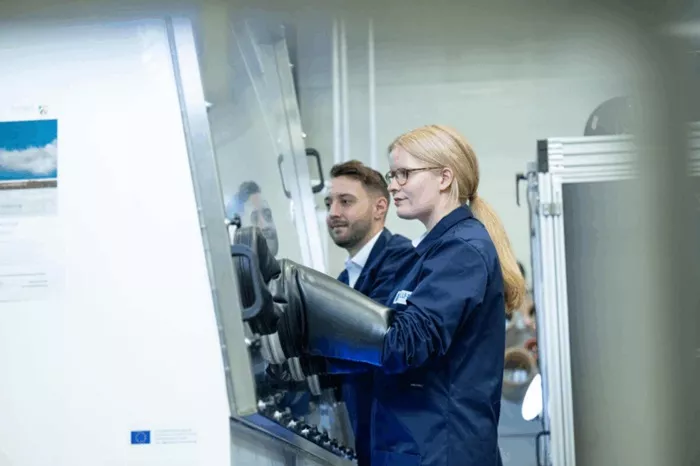A new research initiative, called CellLab, has been launched by the Chair of Production Engineering of E-Mobility Components (PEM) at RWTH Aachen University. The project aims to build an advanced analytics infrastructure to better understand how battery production processes affect battery performance.
Funded by the state government of North Rhine-Westphalia, CellLab will focus on creating a laboratory environment where key measurement tools can be used safely and consistently. This setup will help researchers closely study every stage of battery production.
The new lab will be part of the university’s existing CellFab, a prototype production line designed to reflect real industrial conditions. CellFab already covers all major stages of battery cell manufacturing — from making the electrodes to assembling and finalizing the cells. With CellLab, PEM plans to expand the system by adding modern analytical tools. These will include both in-line instruments for real-time monitoring and post-process equipment for quality checks.
According to Professor Achim Kampker, Director of PEM, many small and medium-sized enterprises (SMEs) do not have the resources to build their own battery analytics labs. This limits their ability to innovate. He said the project’s findings will be shared to help these smaller companies advance their own research and development.
“With these analytical tools, we can detect characteristics in raw materials, semi-finished products, and battery cells that were previously hidden or influenced by outside conditions,” said Kampker.
An additional research effort will focus on how to use lab data to improve production processes. The goal is to combine laboratory insights with existing production data to build more accurate models. This is especially important for complex steps such as the calendering process, where production data alone is not enough to fully understand or optimize the outcome.
Professor Heiner Heimes, a member of PEM’s management team, explained that lab data will help improve quality control and production efficiency.
“By using detailed lab data, we can make better predictions, spot product issues early, and improve quality assurance,” said Heimes.
The integration of real-time data analysis with advanced models is expected to make battery manufacturing more efficient. The CellLab is also designed to support future research, offering scientists a more powerful toolset for exploring the production-performance relationship in batteries.

